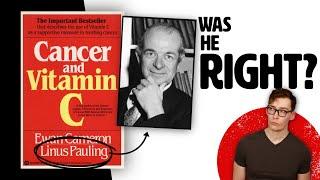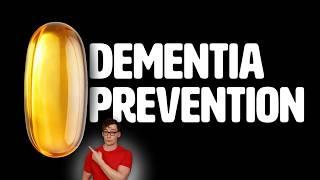AMA #73: Preserving brain health, optimizing exercise programming, improving body composition, and more
Peter Attia
Jul 14, 2025
Mindsip insights from this episode:
Maintain systolic blood pressure below 120 mmHg to protect brain health
Maintaining a systolic blood pressure below 120 mmHg can lower the risk of not just dementia but also mild cognitive impairment.
Understand menopause's role in women's Alzheimer's risk
The twofold higher risk of Alzheimer's disease in women may be explained by the sudden withdrawal of estrogen during menopause.
Utilize statins to lower Alzheimer's risk by 30%
Although not a preferred method for lipid lowering, statins are associated with up to a 30% reduction in the risk of Alzheimer's disease.
Reduce LDL cholesterol to lower dementia risk
Every 40 mg/dL increase in LDL cholesterol is associated with an 8 to 10 percent increase in the risk for all-cause dementia.
Limit diabetes duration to reduce dementia risk
For every five years a person has type 2 diabetes, their risk of dementia increases by almost 25 percent.
Understand APOE4 gene's impact on diabetes and dementia risk
An APOE4 gene carrier with diabetes has a five to five-and-a-half-fold greater risk of dementia compared to a non-carrier with diabetes.
Address hypertension and diabetes to prevent dementia
There is robust evidence from randomized controlled trials that hypertension and type 2 diabetes are causal factors for dementia, not just correlated.
More from
Peter Attia
AMA #78: Longevity interventions, exercise, diagnostic screening, and managing high apoB, hypertension, metabolic health, and more
Ketogenic diet, ketosis & hyperbaric oxygen: metabolic therapies for weight loss, cognition, Alzheimer's & more | Dom D'Agostino, Ph.D.
The evolutionary biology of testosterone: how it shapes male development and sex-based behavioral differences, | Carole Hooven, Ph.D.
The impact of gratitude, serving others, embracing mortality, and living intentionally | Walter Green (#288 rebroadcast)
Thyroid function and hypothyroidism: why current diagnosis and treatment fall short for many, and how new approaches are transforming care | Antonio Bianco, M.D., Ph.D.
You also might be interested in
Ketosis (Fasting/Ketogenic Diet) accelerates Cancer Growth - New Study
Soda & Cancer Death: The Link Found in Multiple Large Studies
Early Detection Saved Me: Maria Menounos on Becoming the CEO of Your Health
Linus Pauling: Vindicated by New Evidence?
One Fat Can Prevent Dementia — If You Eat It Long-term










